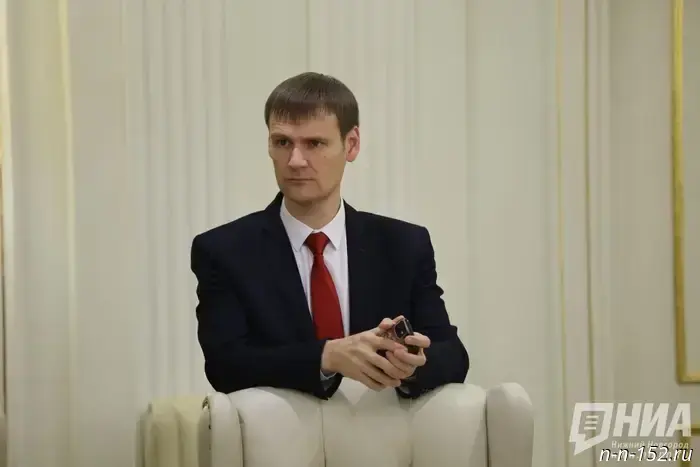
Minister Puchkov commented on the transition to 12-year education in schools.
05 November 2025 14:46 Society The Minister of Education and Science of the Nizhny Novgorod Region, Mikhail Puchkov, spoke on the issue of switching to 12-year school education. He posted the comment on his VKontakte page after a request from the editorial office of NIA "Nizhny Novgorod".
The reason for the discussion was a statement by Deputy Secretary of the Public Chamber Vladislav Grib in a conversation with TASS. He proposed replacing the current 11-year system with a 12-year one, believing that the current term is insufficient to master the curriculum.
Puchkov first cited the position of the Russian Ministry of Education: according to the ministry, today's Russian school "allows for the effective mastering of educational materials by students of different ages", and curricula are built taking age and developmental characteristics into account. The ministry also emphasizes that the implemented Federal State Educational Standards (FGOS) and federal programs ensure the quality of education.
They also note that any new initiative should undergo broad discussion and expert review, taking into account the opinions of the professional community, parents, and the students themselves. It is important in advance "to assess the possible consequences of changes, identify risks and advantages."
Puchkov called the education system a complex structure with many interconnected elements. In his words, simply adding another year will be ineffective without changes to each of these elements and without a clearly formulated goal.
The minister separately addressed the question of "where to add that year." If instruction begins at age 6, it will be necessary to revise the FGOS for primary school and the corresponding programs. Currently, enrollment in first grade begins at age 7 — an age when a child's brain experiences a peak in synapse formation. At 6, the necessary connections may be insufficient for the current first-grade program, so "you cannot simply take the current first-grade program and begin studying it at 6." A new program will be required, FGOS alterations, and retraining of teachers.
Considering the option of adding a year after 9th grade, Puchkov reminded that in the Nizhny Novgorod Region 65% of ninth-grade graduates choose secondary vocational education and successfully enter the labor market after technical schools and colleges. In this regard, he asks the question: why do they need another year in school?
Summing up, Puchkov emphasized that what matters is not the "additional year" itself, but "where and how the additional time will be distributed" among the levels of school education — primary, basic, and secondary. In any case, changes will affect all levels and will require revising the FGOS, school and working curricula, textbook series, methodologies, and retraining teachers. This is not ruled out, but it requires a "very serious analysis" of the consequences and the resources needed.
"Ultimately, there was a stage when secondary school education was ten years," Puchkov concluded.
Earlier the head of the regional Ministry of Education and Science spoke about bullying in one of the schools in the Nizhny Novgorod Region.
NIA "Nizhny Novgorod" has a Telegram channel. Subscribe to stay informed about the main events, exclusive materials, and timely information. Copyright © 1999—2025 NIA "Nizhny Novgorod". When republishing, a hyperlink to NIA "Nizhny Novgorod" is mandatory. This resource may contain 18+ materials.
Другие Новости Нижнего (Н-Н-152)
 Experienced Nizhny Novgorod pharmacists are being denied accreditation en masse.
Nizhny Novgorod News
Experienced Nizhny Novgorod pharmacists are being denied accreditation en masse.
Nizhny Novgorod News
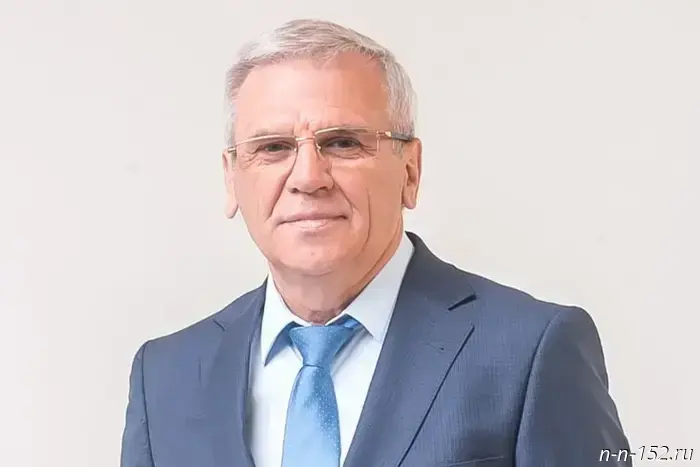 Yevgeny Lyulin congratulated the residents of Nizhny Novgorod Oblast on the Day of National Unity.
Nizhny Novgorod News
Yevgeny Lyulin congratulated the residents of Nizhny Novgorod Oblast on the Day of National Unity.
Nizhny Novgorod News
 A woman driving a red "Tank" ran over and killed a man in the Urensky district.
Nizhny Novgorod News
A woman driving a red "Tank" ran over and killed a man in the Urensky district.
Nizhny Novgorod News
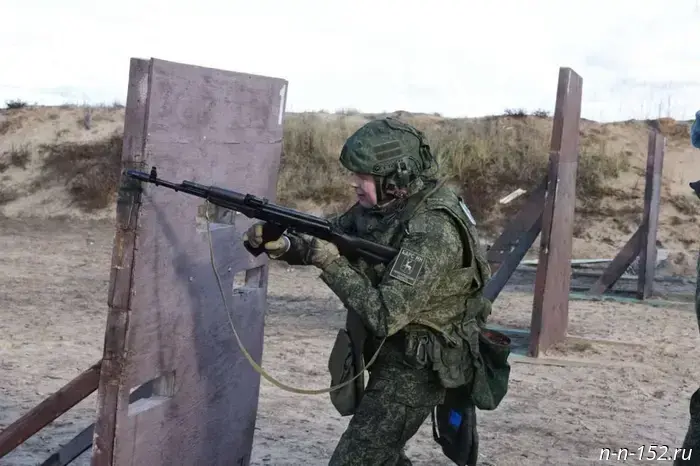 Deputy Governor Andrey Gneushev joined the ranks of the BARS-NN reservists.
Nizhny Novgorod News
Deputy Governor Andrey Gneushev joined the ranks of the BARS-NN reservists.
Nizhny Novgorod News
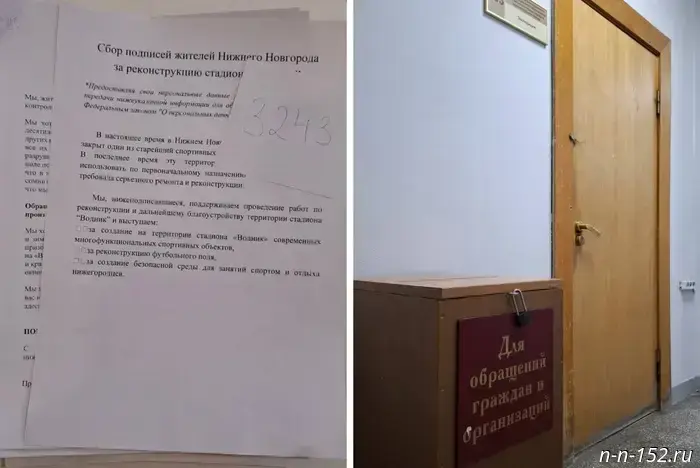 A dead person was found on a farm in Nizhny Novgorod.
Nizhny Novgorod News
A dead person was found on a farm in Nizhny Novgorod.
Nizhny Novgorod News
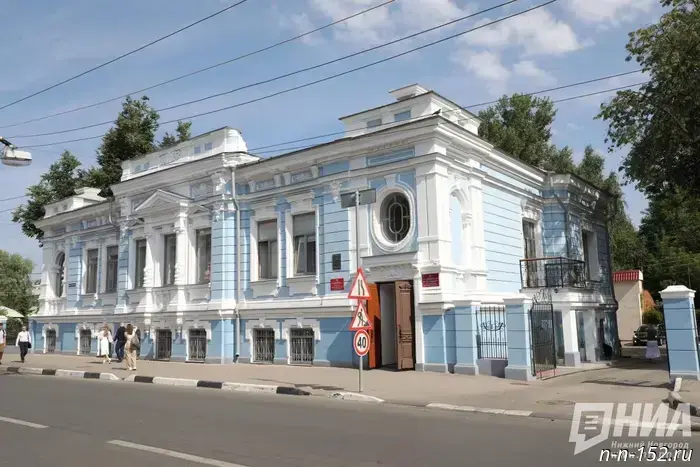 Malaya Pokrovskaya Street may be turned into a pedestrian zone for newlyweds.
Nizhny Novgorod News
Malaya Pokrovskaya Street may be turned into a pedestrian zone for newlyweds.
Nizhny Novgorod News
Minister Puchkov commented on the transition to 12-year education in schools.
Nizhny Novgorod News
